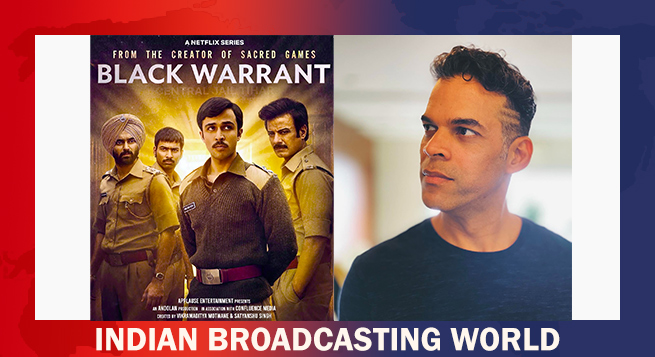Three Australian publishers of lifestyle content said Facebook Inc. used their articles on its just-launched news service after refusing to negotiate licensing deals, and that the country’s tough new Internet law has failed to protect them.
Australia this year passed a law that pressured Facebook and Alphabet Inc.’s Google to sign deals with some of the country’s biggest news companies by threatening government intervention.
The thought behind the Aussie law is finding resonance in several other countries. For example, several policy-makers have raised the issue in Indian parliament asking the government whether India too was exploring such a law or suggesting that the authorities ought to do so.
The News Broadcasters Association, a lobbying body for TV news channels in India, in fact, wrote a letter few months back to Google India head Sanjay Gupta in this regard, suggesting a dialogue to work out a formula for revenue share from content being monetized by Google.
The latest Australian dispute highlights possible shortcomings in the controversial law. While most of Australia’s main media firms have signed deals, some smaller outlets say the law has not stopped their content generating clicks and advertising revenue for Facebook without compensation, Reuters reported from Sydney.
Broadsheet Media, Urban List and Concrete Playground, websites which publish entertainment news, reviews and listings, say that after the law was passed in February they approached the social media giant about payment for their content.
Facebook knocked them back, calling their content unsuitable for its Facebook News platform and recommending they apply for grants it was offering from a A$15 million ($11 million) fund for Australian regional and digital newsrooms, the three companies told Reuters in a joint call.
“They told me that, ‘oh well, you’re not going to be included in News tab and that’s what we’re paying for’,” said Nick Shelton, founder of Broadsheet Media.
“To our surprise, we woke one morning last week and all of our content was there.”
Facebook News went live in Australia on August 4.
Facebook declined to comment directly on the three companies, but said it created value for publishers by sending viewers to their sites.
Under the law, Facebook and Google must negotiate payment deals with outlets or a government-appointed arbitrator will do it for them, but a publisher must first prove its primary purpose is producing news and that it has been unfairly disqualified.
The three publishers said they want Facebook to come to the table to talk but if it declined they may seek government intervention.
 GTPL Hathway reports stable performance in Q3 FY25
GTPL Hathway reports stable performance in Q3 FY25  ‘Black Warrant’: Motwane’s aimed to make an entertaining jail series
‘Black Warrant’: Motwane’s aimed to make an entertaining jail series  Draft data protection rules aims to balance rules & innovation: Minister
Draft data protection rules aims to balance rules & innovation: Minister  Bong Joon Ho’s ‘Mickey 17’ to premiere at Berlin Film Festival
Bong Joon Ho’s ‘Mickey 17’ to premiere at Berlin Film Festival  Warner Bros to re-release ‘Interstellar’ in IMAX theatres across India
Warner Bros to re-release ‘Interstellar’ in IMAX theatres across India  SPN secures top brands for Australian Open 2025 b’cast
SPN secures top brands for Australian Open 2025 b’cast  Prasar Bharati launches ‘Kumbhvani’ FM channel
Prasar Bharati launches ‘Kumbhvani’ FM channel  Joju George’s ‘Pani’ to stream on Sony LIV starting January 16
Joju George’s ‘Pani’ to stream on Sony LIV starting January 16 








